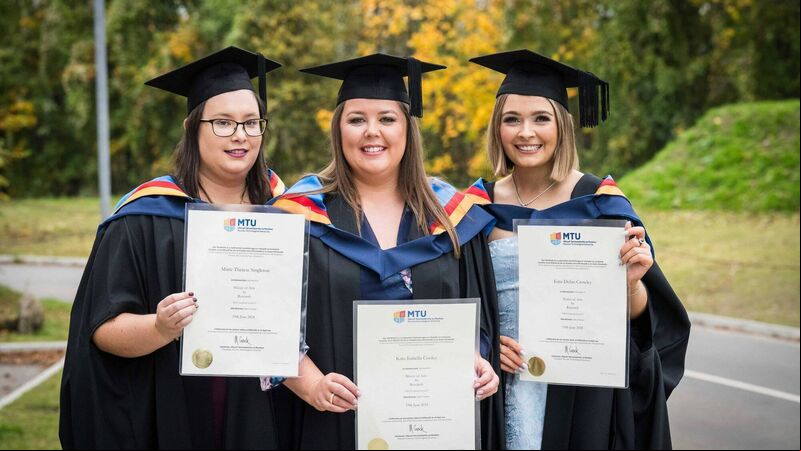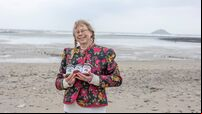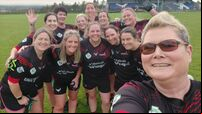Research projects by three Cork women shed new light on key issues

Graduates of the Master of Arts by Research from the Department of Applied Social Studies: Marie Singleton from Blarney, Co. Cork, Kate Cooley from Ladysbridge, East Cork, and Kate Dolan-Crowley from Mayfield, Co. Cork, celebrating their achievements at MTU Bishopstown Campus during the Autumn 2024 Cork Campus Conferring ceremonies. Photo: Joleen Cronin
Kate Cooley, Marie Singleton and Kate Dolan-Crowley completed their MA research in recent months, graduating from MTU.







 App?
App?


